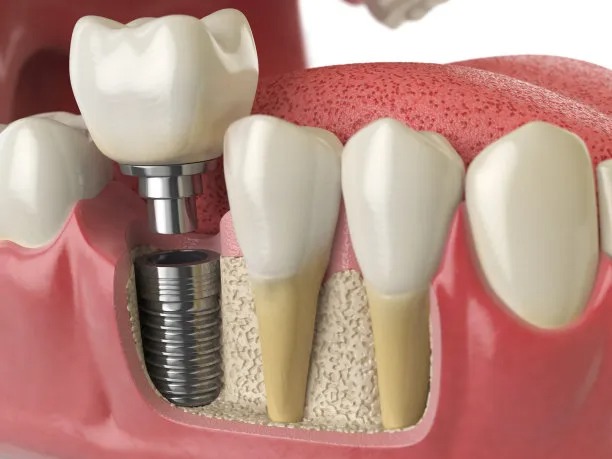Essential Guidelines and Precautions You Should Know Before Undergoing Dental Implantation for Optimal Results and Recovery
Summary: Dental implantation is a transformative procedure that can significantly improve ones quality of life and dental aesthetics. However, achieving optimal results and a smooth recovery involves understanding essential guidelines and precautions. This article delves into four critical aspects: understanding the procedure and its requirements, selecting the right dental professional, effective pre-operative preparations, and important post-operative care practices. Being well-informed will empower patients to navigate the complexities of dental implantation, ultimately ensuring a successful outcome and faster recovery.
1. Understanding the Procedure and Its Requirements

Before undergoing a dental implantation, its crucial to comprehend the process thoroughly. Dental implants are titanium posts surgically placed into the jawbone to replace missing teeth. These implants serve as a solid foundation for fixed or removable replacement teeth. Understanding this foundational aspect helps patients visualize how the implants will integrate into their mouth.
The success of dental implants heavily depends on adequate bone density and overall oral health. Patients with conditions like severe gum disease or inadequate bone may need preparatory procedures, such as bone grafts, to ensure a stable environment for the implant. Thus, consulting with a dental professional about individual readiness is vital.
Moreover, patients should be aware of the time commitment involved in the implantation process. Typically, it may take several months for the implant to fuse with the jawbone adequately, requiring patience and adherence to your dentists timelines and recommendations.
2. Selecting the Right Dental Professional
Choosing the right dental professional is perhaps one of the most critical steps in the dental implantation process. It is advisable to select a dentist or specialist who is experienced in implant procedures. A qualified oral surgeon or periodontist often holds the necessary expertise to manage any complications that may arise.
Patients should also verify the professionals credentials, training, and track record in conducting successful implant surgeries. Assessing reviews and testimonials from previous patients can provide valuable insights into their experiences and satisfaction levels.
Moreover, establishing a good rapport with the dentist is essential. Patients should feel comfortable discussing their concerns and preferences. A dentist who takes the time to educate patients about the procedure, potential risks, and anticipated outcomes can help ease anxiety and create confidence in the treatment plan.
3. Effective Pre-operative Preparations
Pre-operative preparations play a significant role in ensuring optimal results. Before the day of surgery, patients should undergo a thorough medical evaluation, including X-rays or 3D imaging, to determine the best placement for the implants. This evaluation aids in creating a tailored treatment plan while identifying any potential complications.
Moreover, patients should review their medications with their dental professional. Certain medications, particularly blood thinners, may need to be adjusted before surgery to facilitate safer and more effective procedures. Following your dentists instructions about medication changes can enhance recovery and reduce the risk of complications.
Lastly, practicing good oral hygiene leading up to surgery can decrease the risk of infection. This includes brushing and flossing diligently, potentially using prescribed antibacterial mouthwash to eliminate harmful bacteria that may interfere with the healing process after implantation.
4. Important Post-operative Care Practices
Post-operative care is crucial to achieving optimal results following dental implantation. Following the procedure, patients should closely adhere to the dentists instructions, including guidelines on diet, activity levels, and oral hygiene. Soft foods are usually recommended to avoid placing undue stress on the implants during initial healing.
Its also essential to manage pain and swelling effectively. Over-the-counter pain relievers, prescribed medications, or ice packs can be helpful in alleviating discomfort. Patients should not hesitate to contact their dentist if they experience excessive pain or irregular symptoms.
Additionally, follow-up appointments allow the dental professional to assess the healing process and ensure that the implants are integrating successfully into the jawbone. Regular check-ups provide an opportunity for early intervention if complications arise, enhancing the likelihood of a successful outcome.
Summary:
In conclusion, understanding the essential guidelines and precautions before undergoing dental implantation is critical for achieving the best possible outcomes. From comprehending the procedures nature to selecting the right dental professional, and from effective pre-operative preparations to post-operative care, each element plays a fundamental role in the journey of dental implants. Being well-informed empowers patients and enhances their ability to make educated decisions about their dental health.
This article is compiled by Vickong Dental and the content is for reference only.



